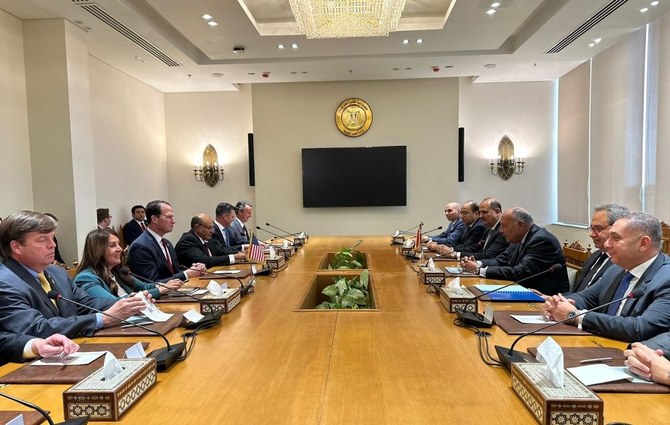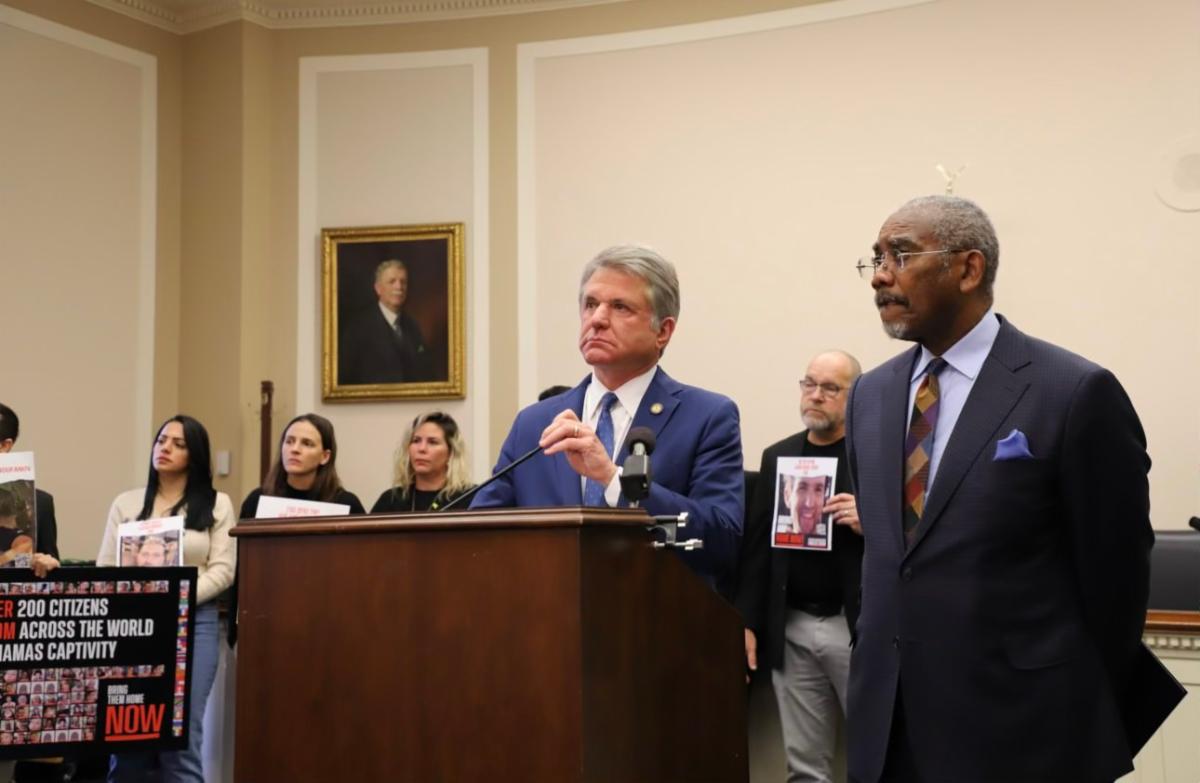Terrorism 3.0, London Blowback Raise New Issues
 Over the past several decades, we have seen an ebb and flow of responses stemming from military incursions and the reprisals of terrorists, the world over. Such was the nature of war, as nation states were well defined and enemies understood within the borders of faraway lands.
Over the past several decades, we have seen an ebb and flow of responses stemming from military incursions and the reprisals of terrorists, the world over. Such was the nature of war, as nation states were well defined and enemies understood within the borders of faraway lands.
Blowback used to be understood solely as the response of a terrorist or state actor group against another — however the understanding of this has changed recently.
The rise of ISIS and their prolonged guerilla siege of cities across the globe has changed the nature of terrorism — leading to the current state we call Terrorism 3.0. This is a world where ISIS has spread to approximately 37 countries. Terrorism has become syndicated and is developing by partnership, such as Waliyat Khurasan being designated ISIS-K in Iraq and the rise of ISIS associations with Abu Sayyaf, in the Philippines.
This rise has been punctuated by attacks across the globe from the Middle East to Europe, Asia and America. As police and intelligence agencies are looked to as the protectors of domestic economies, we have seen that they are often woefully incompetent or ill-prepared to tackle the challenge that Terrorism 3.0 or de-centralized, non-state-actor terrorism presents. The U.K. and France emblematic of this with the Manchester and London attacks presenting terrorist actors that were referred to intelligence or police counterterrorism departments numerous times previously; while Paris attack after Paris attack evidences the results of studies showing limited coordination and problems with information sharing, coordination, and remediation. In the U.S., while intelligence and the successful integration of American Muslims has led to fewer attacks, there are still intelligence gaps that should be solved by augmenting failed CVE (Countering Violent Extremism) programs with public-private partnerships that engage Muslim communities — which has been proven a better path and is a lesson that the EU should consider implementing.
What terror attacks have done is effectively marginalize Muslim communities — while strangling them with the yoke of collective culpability. This has resulted in attacks in the past — but not wholescale blowback.
While fringe attacks on American Muslims and European Muslims have been studied within Counterterrorism and Civil Rights arenas for years — we didn’t have clearly defined cases of blowback until this week. In the U.K., a 47-year-old father of four, Darren Osborne, rented a van approximately 12 miles from his home in Cardiff and drove over 150 miles to London, where he mowed down British Muslim worshippers, killing one and injuring 11. In Virginia, an eerie parallel could be drawn to the brutal murder of Nabra Hassanen — who was kidnapped and bludgeoned to death by Darwin Martinez Torres.
What classifies both of these cases as blowback or potential blowback is the nature and severity of the attack. In the U.K., copycatting an attack method used by ISIS and in the U.S. — an argument between a driver and a group of young American Muslim girls leading to kidnapping and murder over a period of 24 hours.
What these cases raise is a new arena of risk for both law enforcement and intelligence gathering organizations. Terrorism is seen as something that tries to change the way of life as we know it — however with the rise of blowback and potential blowback, we need to be crunching data and assessing risk profiling. We also need to start moving from antiquated Terrorism 2.0 profiling methods to Terrorism 3.0 data driven analysis. This analysis could lead to better indicators of risk and better methods of preventing domestic terror from blowback responses. Further, we should be focusing on public-private partnerships with Muslim communities to leverage them as partners and a first line of defense. Technology also needs to play a part in fixing the information silos within law enforcement organizations — because beyond the need for a new approaches, preventing terror ultimately prevents blowback.








